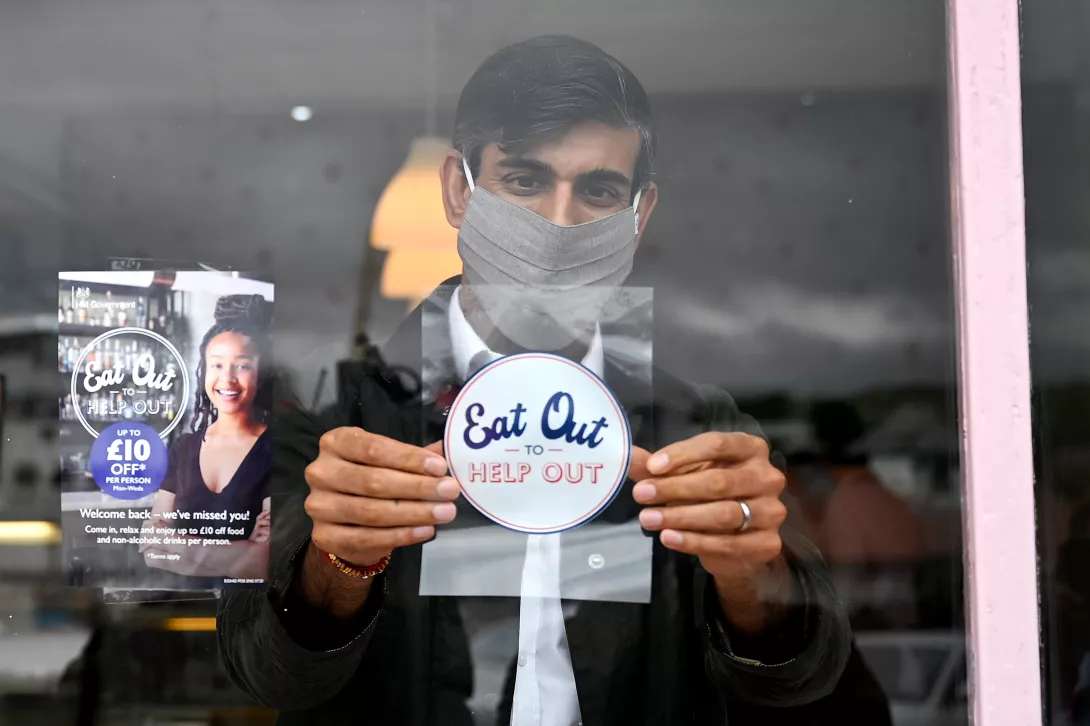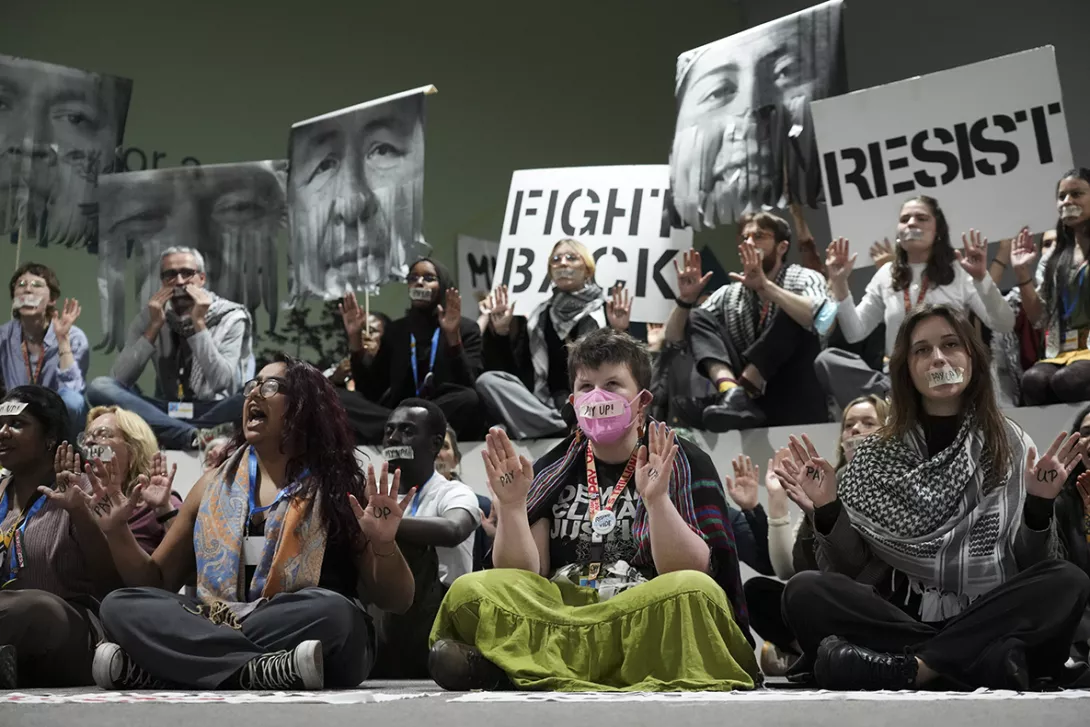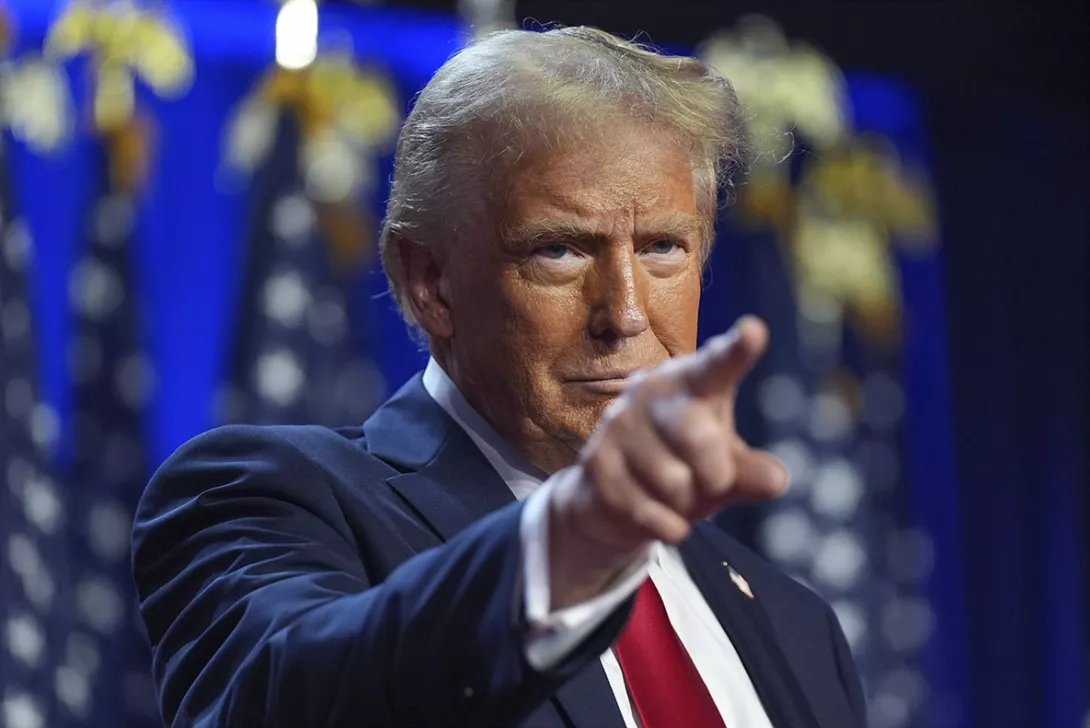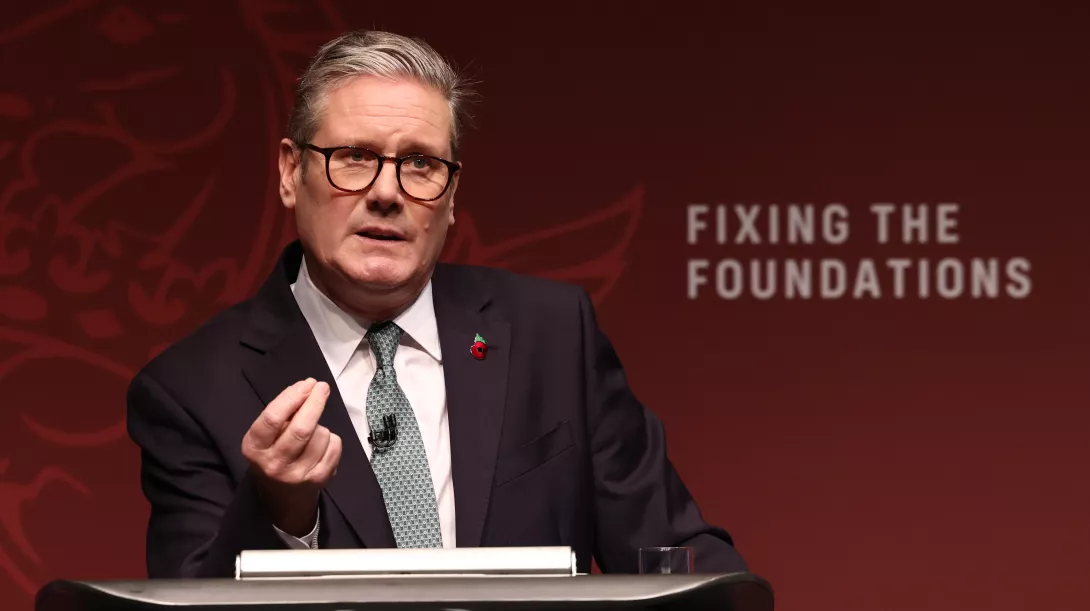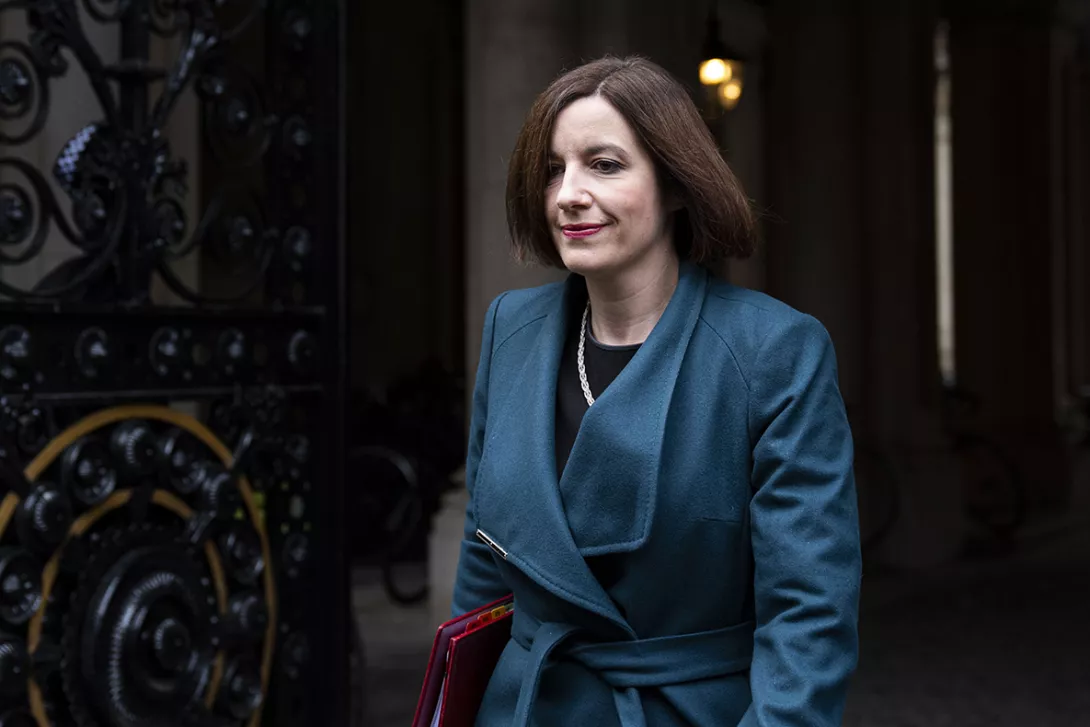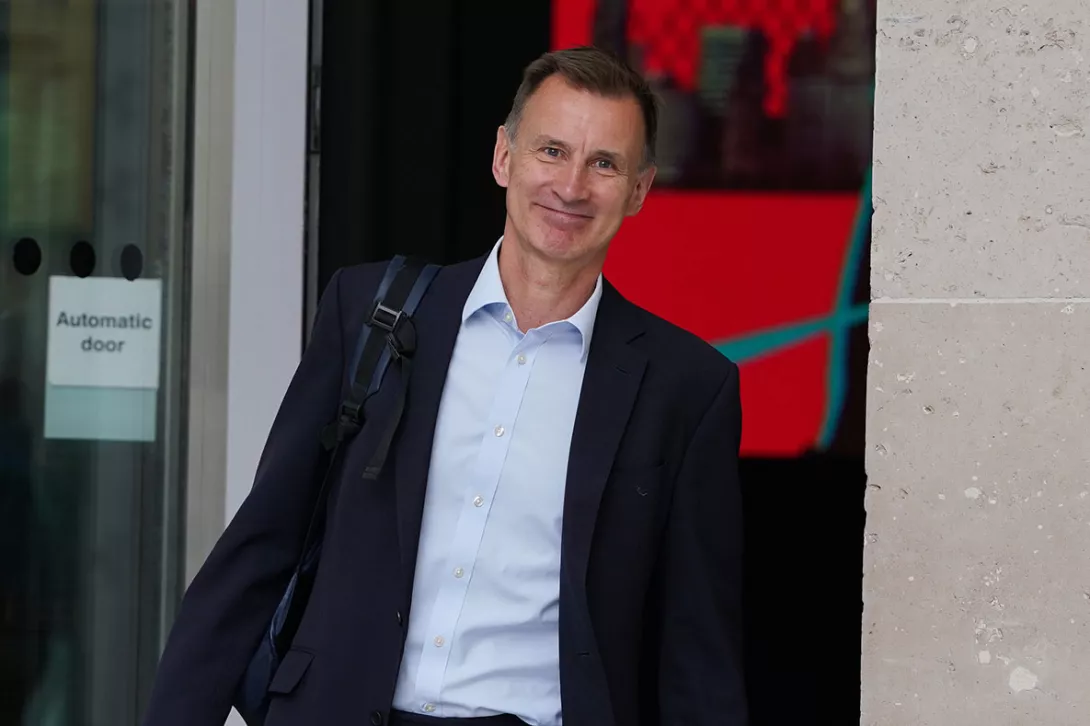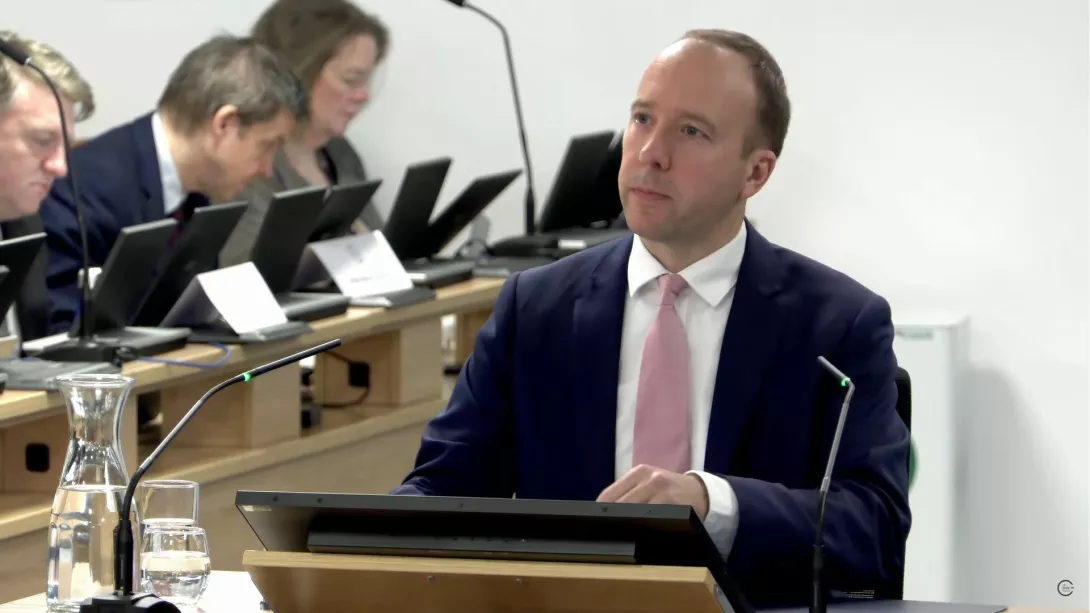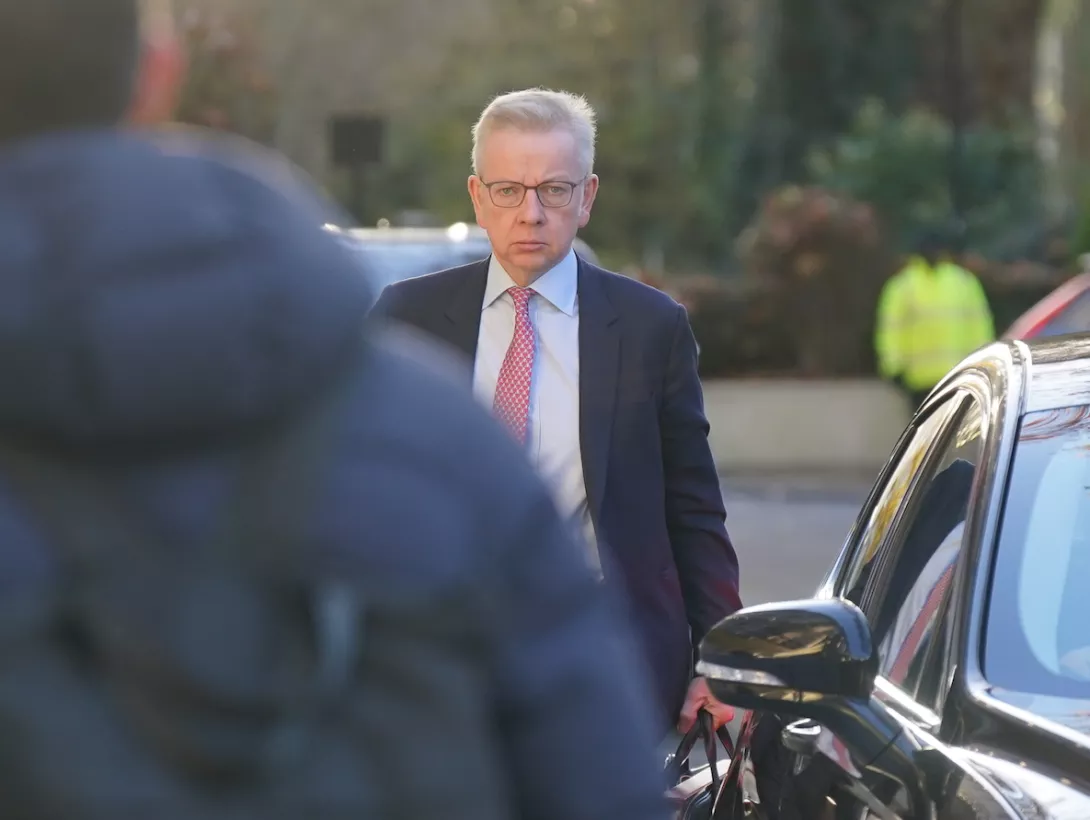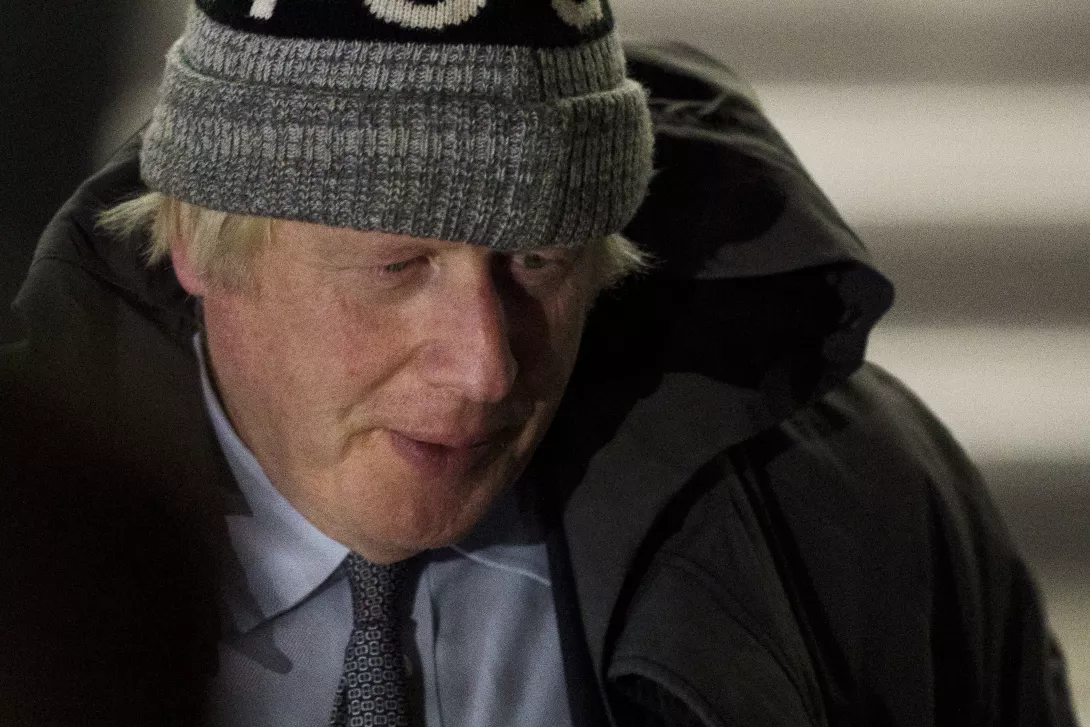
Political reporter
BORIS JOHNSON confessed to having Covid regrets yesterday during the former PM’s long-anticipated appearance before the inquiry into the pandemic.
While taking responsibility for everything in general he conceded nothing specific about his handling of the crisis, beyond an admission that he might have “twigged” earlier about the severity of the virus.
His apology in front of Judge Heather Hallett’s inquiry — “how sorry I am for the pain and the loss and the suffering during the pandemic” — was immediately rejected by protesters in the room.
“We don’t want your apology,” they shouted as they were escorted from the hearing.
The bullish Mr Johnson, whose conduct during the pandemic has been the subject of scathing criticism from former aides, civil servants and ministers alike in previous evidence, dismissed most of the charges against him.
He brushed aside allegations that the government’s response to the crisis was impeded by a “toxic culture” in Downing Street, widely attributed to the influence of his adviser Dominic Cummings.
Premiers Thatcher and Blair had “challenging and competing characters whose views about each other might not be fit to print” but they got “an awful lot done,” he said.
He also defended his since-disgraced health secretary Matt Hancock, widely panned as a fabulist — or simply a liar — at the inquiry.
Mr Johnson conceded that Mr Cummings had wanted him sacked but he believed that Mr Hancock “worked very hard” and whatever defects he may have had “I thought he was doing his best in very difficult circumstances.”
He admitted that government messaging had sometimes been mixed and that decision-making has been too “male-dominated.”
And he managed to almost summon tears when the sufferings of the pandemic were recalled to him, acknowledging that he should have “twigged much sooner “ how serious Covid was.
He also admitted his government “underestimated” the threat posed by the coronavirus in the early days of the pandemic.
“When you hear about an Asian pandemic that is about to sweep the world, you think you’ve heard it before and that was the problem,” he said, also conceding that the government possibly pushed too hard to get people back in their offices at the end of the first 2020 lockdown.
But he denied changing his mind about ordering the first lockdown in March 2020, although he was anxious about doing so without a vaccination programme or other obvious exit strategy in place and felt the evidence needed testing first.
When he took the decision to lock down on March 26, about 10 days later than many argue he should have done, he did so because he believed there was no other tool available for fighting the spread of the virus.
Mr Johnson was also rebuked by Lady Hallett for having allowed his evidence to be comprehensively leaked to the media beforehand, in an example of the self-serving spin for which the ex-premier was celebrated.
But he had no explanation as to why 5,000 messages from the key period of January to June 2020 had gone missing from his phone and thus could not be submitted in evidence, a fairly extraordinary thing to happen to the prime minister’s communications technology.
Mr Johnson is scheduled to continue giving evidence today.
